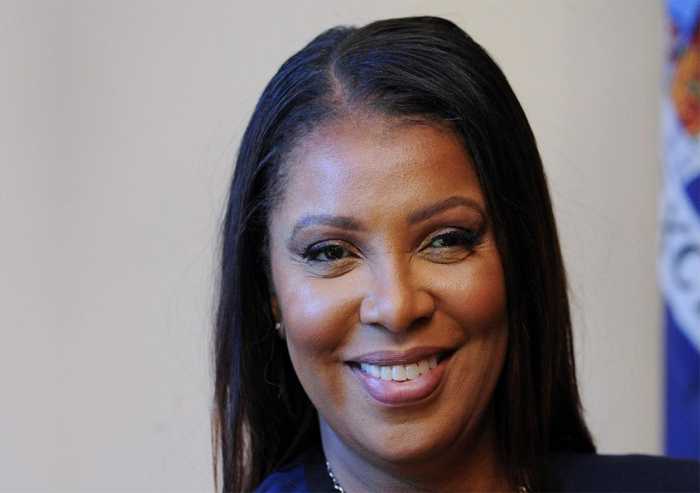Since four Republicans state senators joined all but one Democrat to push New York’s marriage equality law over the top in 2011, the GOP leadership of that chamber has not allowed a floor vote on a single LGBTQ-related issue. Flipping the State Senate has been a top community priority in each election since then.
On Tuesday, the Democrats captured the Senate with votes to spare, netting eight seats.
“It’s extraordinary,” said Manhattan Democrat Brad Hoylman, the Senate’s only out LGBTQ member. “To me, it’s the first step in really restoring voters’ trust in Albany where progressive legislation has languished for years.”
The Democrats went into the election with a nominal 32-31 majority, but Brooklyn Democrat Simcha Felder, who represents socially conservative Orthodox Jewish neighborhoods, has caucused with the Republicans ever since he took office in 2013. Even when the Independent Democratic Conference (IDC) returned to the regular fold early this year, the party remained unable to claim its majority.
But on Tuesday, the party captured four Long Island seats currently held by Republicans, when Monica R. Martinez won in a race to succeed the retiring Thomas Croci, James Gaughran defeated incumbent Carl Marcellino, Kevin Thomas beat incumbent Kemp Hannon, and Anna Kaplan bested incumbent Elaine Phillips.
Upstate, Democratic Assemblymember James Skoufis won a seat vacated by William Larkin, Jen Metzger captured the seat held by retiring incumbent John Bonacic, and Peter Harckham defeated incumbent Terrence Murphy.
In Brooklyn, Andrew Gounardes knocked off the only remaining GOP senator from New York City, longtime lawmaker Marty Golden.
In a written statement, the victorious Gounardes said, “Tonight, the voters of Southern Brooklyn have said that they want new leadership in Albany that delivers real results for working families, including, quality, affordable health care, fully funded public schools, speed cameras in every school zone, reproductive choice for all women, lower housing costs, and accessible and reliable public transit. We would not be here but for the countless volunteers who knocked on thousands of doors from Bay Ridge to Marine Park, made hundreds of thousands of phone calls, stood at dozens of subway stations, stuffed and addressed countless envelopes to help us to get out the vote.”
In January, the new State Senate will include 40 Democrats (including Felder) and just 23 Republicans, a dramatic power shift.
Republican control of the Senate has not only blocked action on the long-stalled Gender Expression Non-Discrimination Act (GENDA), but also on measures to ban so-called “conversion therapy” for minors and to end the state’s prohibition on gestational surrogacy.
Other progressive causes — from women’s reproductive freedom to protection of immigrants, universal health care, criminal justice reform, debt-free college education, and marijuana legalization — have also been stalled by Republican leadership in the Senate.
Over a number of election cycles — including 2012, when President Barack Obama swept New York, and 2016, when Hillary Clinton did the same — the Democrats failed to win a clear, Felder-proof majority. It was under a Republican president in a midterm election, when they finally struck gold — bigly.
“A lot of voters are downright disgusted with Washington,” Hoylman said. “With the tax cuts. Human rights. Environmental issues. The threats to health care and women’s right to choose. The issues we always argued were important in the State Senate were crystalized in the national conversation.”
He added, however, “You can’t underestimate the quality of our candidates,” noting that the grassroots activism sparked by Donald Trump’s election prompted strong contenders — including members of the State Assembly and county legislatures — to step forward.
Hoylman said there are a number of “obvious corrections” the Senate is likely to move on quickly — including GENDA, voting rights, and reproductive freedom. Other progressive objectives — including fixing the MTA, ethics and campaign finance reform, and rent law renewal — are important objectives but more complex.
And restoration of a public hearing process for bills, which Hoylman charged Republicans ignored, means there will be timing constraints on moving what is a very large, backlogged agenda.
Still, with eight new Democrats grabbing GOP seats and another six new progressives ousting IDC members in September, pressure for action will be intense. As Governor Andrew Cuomo begins his third term in January, he will likely face a more assertive Legislature where both chambers have progressive Democratic leadership.

















